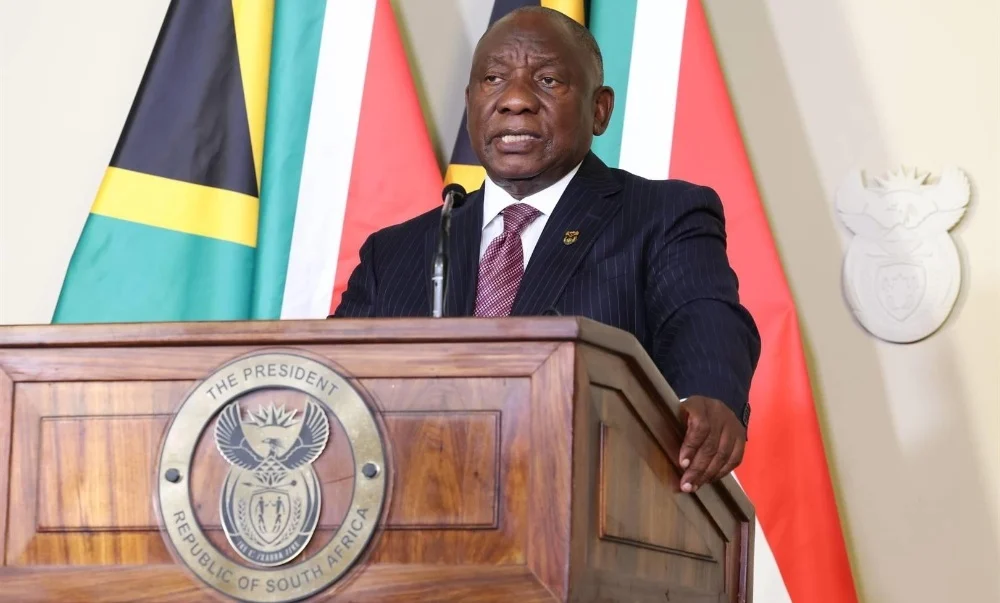As President Cyril Ramaphosa prepares to deliver his State of the Nation Address (SONA) on Thursday, February 6, 2025, opposition parties are expressing strong discontent with his leadership. The address, which will outline the government’s key policy objectives and plans for the year ahead, comes at a time when the country is grappling with rising unemployment, crime, and power shortages. Despite this, Ramaphosa’s critics are unimpressed and have harsh words for the president’s tenure.
Democratic Alliance leader, John Steenhuisen, has been vocal in his criticism, dismissing Ramaphosa’s presidency as a “comedy sitcom.” Steenhuisen, who once supported the government of national unity, believes Ramaphosa’s promises of reform were nothing more than a false hope. He pointed to the soaring unemployment rate, now at 43%, and rising crime, with 70 murders occurring daily. According to Steenhuisen, Ramaphosa’s presidency has been marked by weakness, indecision, and failure to challenge political interests within his own party.
Julius Malema, leader of the Economic Freedom Fighters (EFF), also voiced strong disapproval, describing the current state of the nation as a “man-made crisis.” Malema highlighted the staggering number of South Africans facing unemployment, including 12 million people actively seeking work. He criticized the government’s reliance on social grants to combat poverty, pointing out that while nearly 20 million people are dependent on these grants, they do little to address the underlying issues of economic inequality and hardship.
Vuyo Zungula, from the African Transformation Movement (ATM), echoed similar frustrations, accusing Ramaphosa of failing to lead the country toward prosperity. Zungula argued that SONA addresses have become little more than “glitzy events,” filled with empty promises, while the country’s real issues—such as unemployment, poor public services, and political disunity—continue to worsen. He expressed concern over the lack of consensus within the ruling coalition on vital matters like healthcare, education, and land reform, calling the government a “circus” rather than a force for meaningful change.
